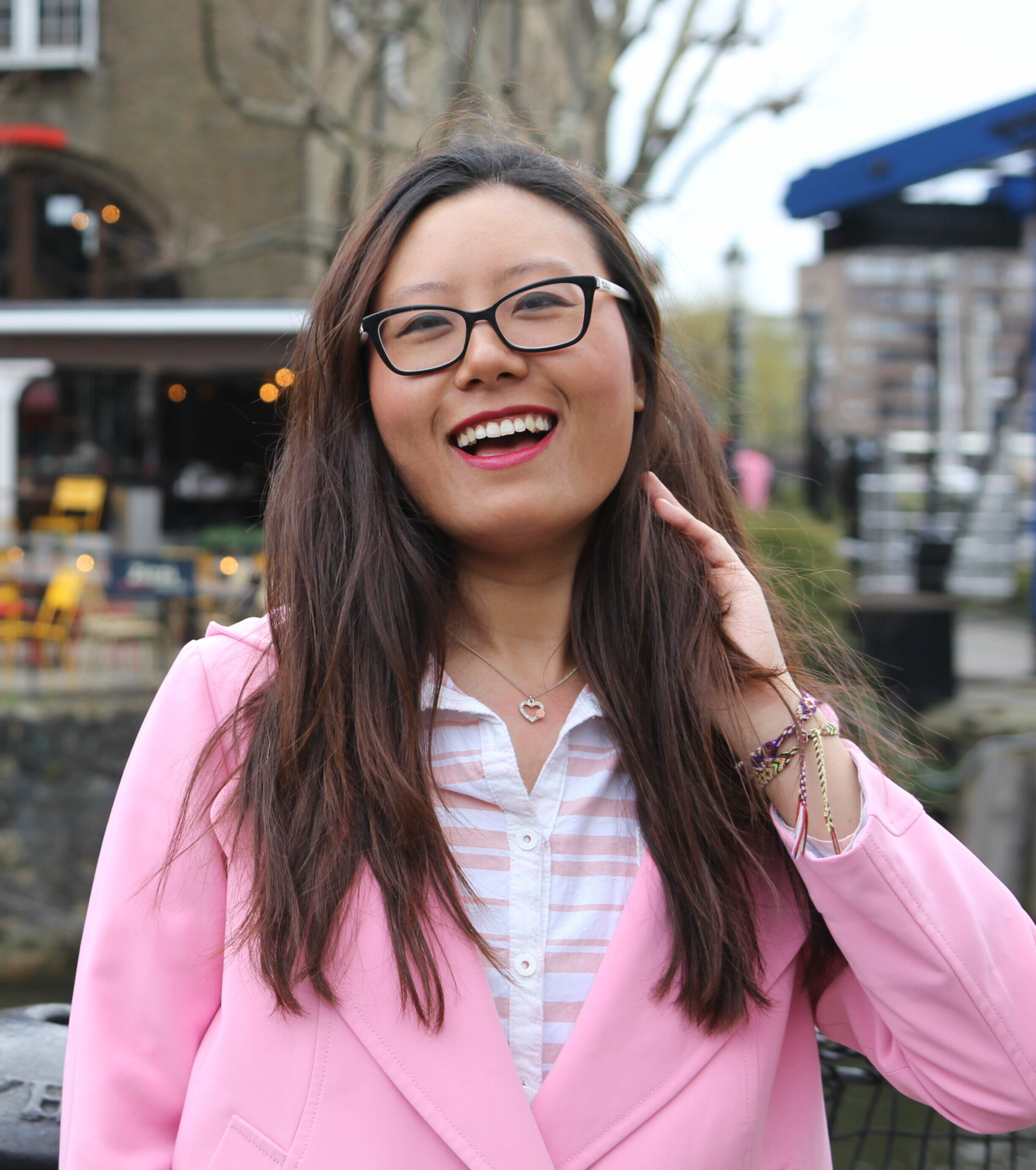Meet
Hui Wang, founder of Zebee
We had the pleasure of connecting at our workshop with Mac&Moore and Startups Magazine last year and this woman is on a mission to get people connected. Zebee is a community platform for people in their 20’s and 30’s who seek awesome experiences and friendships. Find out how Hui is making it happen.
Did you have a female role model or someone you admired as a kid?
No, not really. That’s probably why I didn’t really want to have a business for a long time. I wanted a normal life, nothing too crazy. I quit my job and went travelling and realised how difficult it is to meet people and travel with. I wanted to solve that problem, more than I was drawn to the concept of building a business.
How do you think your early years have influenced what you do today?
It’s based on a bit of everything. I hated business from an early age - mainly because my dad was (and is) a businessman and was away a lot. My parents divorced and my mum then set up a business and then I recently found out that my great grandparents had done the same. It clearly runs in the family. As much as I disliked the concept of business as a child, I’ve come to realise that these were all positive influences on me down the line. I took a leap of faith to set up a business. I waited until something triggered me to take that jump.
Before Zebee you honed your career in product development at brands such as John Lewis, Net A Porter and Rightmove. What skills have you been able to take with you into your venture?
My soft skills have been invaluable and actually more so than my tech skills. I started gaining these skills at university when I was social secretary of the maths society running loads of events. Having worked in tech for several years I’ve learnt the importance of good practice and process and constantly communicating with people have all served me well in getting Zebee off the ground.
Is there anything that has surprised you in building Zebee?
Everything! It definitely hasn’t gone the way I thought it would. For example, the product and business model have changed a lot. The only thing that hasn’t wavered is the vision.
Zebee is a London based community platform for people in their 20’s and 30’s. What’s your ambition for the brand as it starts to take off?
I want to turn Zebee into a global community of people who want to do fun things with each other. Building an online platform is not my main goal - I want to do the reverse and bring people offline. There are so many apps these days and people aren’t connecting. They are lonely, they can’t trust people or companies and they don’t know who to do with their time. I want the platform to bring genuine value to society.
Do you think we’re facing an epidemic of loneliness?
100%. People don’t talk about it enough. Loneliness doesn’t necessarily mean being alone but being in a state where you don’t feel supported and don’t have anyone to talk to. We want to help champion these people and make sure they’re doing things they want to do, not having to go along with what others want to do when slotting fun and leisure into their lives. I also aim to champion good causes and make people feel good in the process.
What have been the essential factors that have enabled you to get to where you are today that you think you'd struggle without?
I had some savings to bootstrap the company and I wouldn’t have been able to get to where I am without that buffer. Having good people around me has been essential. I struggle to find female founders to talk to, which is essential as being a female founder can be lonely.
What do you think is missing from businesses in building true diversity?
I think there are two things. Awareness; you don’t know what you don’t know. Your parents would have done things a certain way, exposing you to a collection of people and places. You don’t think about it but being in certain circles means that you may have a lack of awareness of different cultures and ways of living. And then there’s resources. It can be difficult to find good female developers and those from ethnic backgrounds that can do the job you want them to do.
Who's a woman to watch or someone you admire in 2020?
Kerstin Robinson, co founder of Nix and Kix, has been really inspirational to me personally. I saw a talk with her when I was really in need of some advice from a female founder. I took her for coffee and she kindly took the time to talk to me and offered me great advice. There is a huge lack of support for women and Kerstin has taught me the importance of giving back as much as taking help when I need it.
Keep updated on Zebee’s events and movements on Facebook and Instagram.







